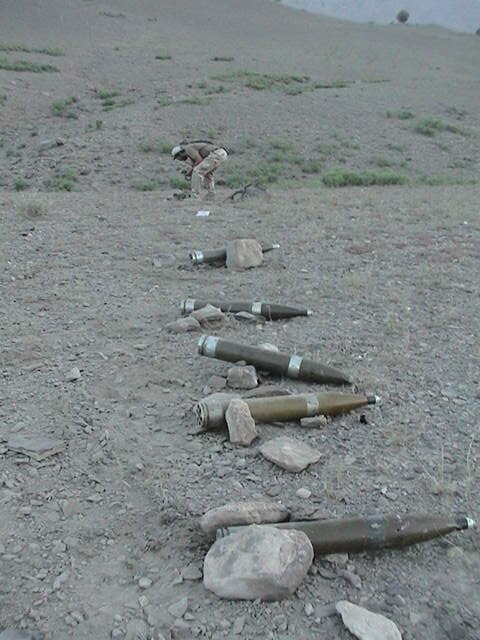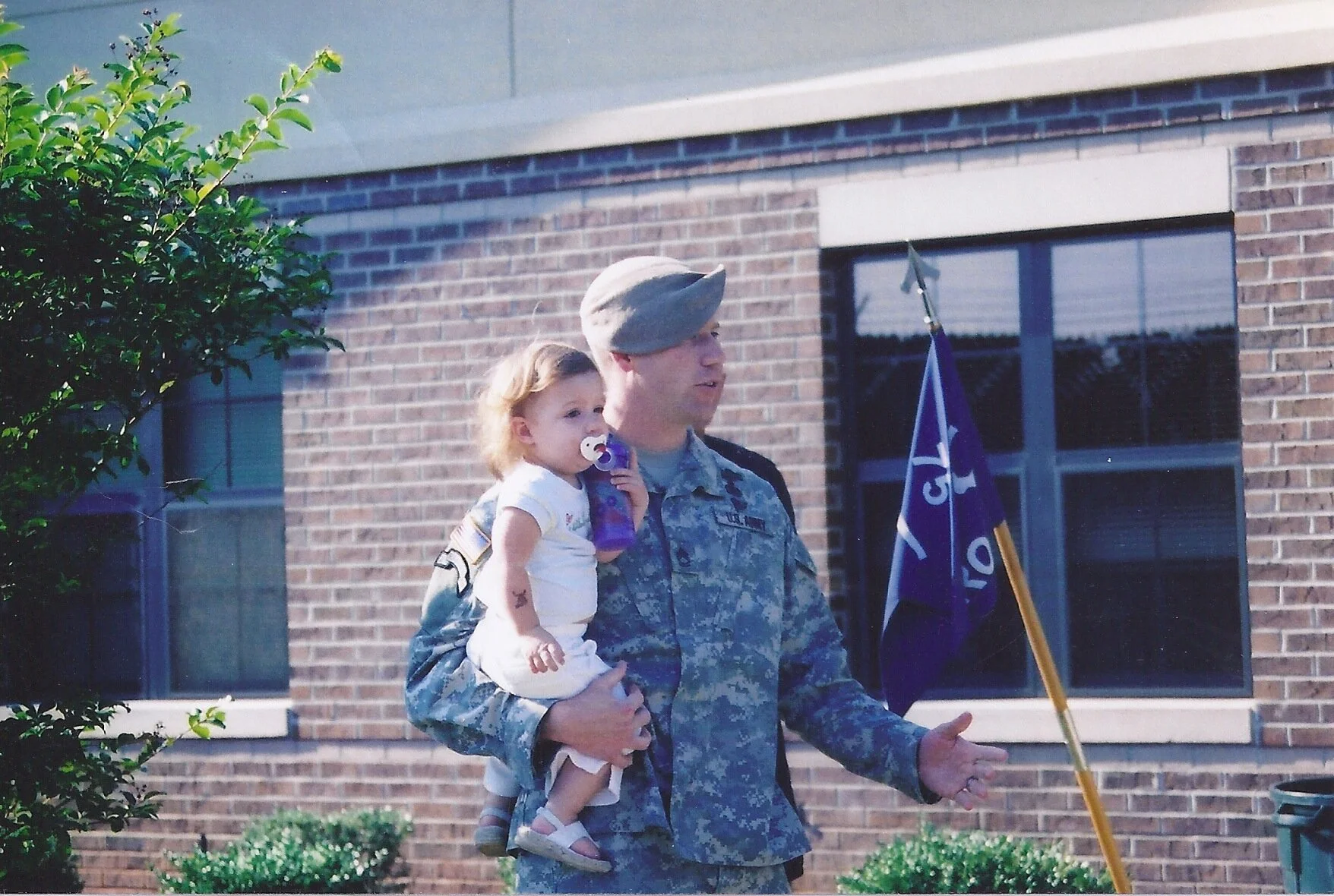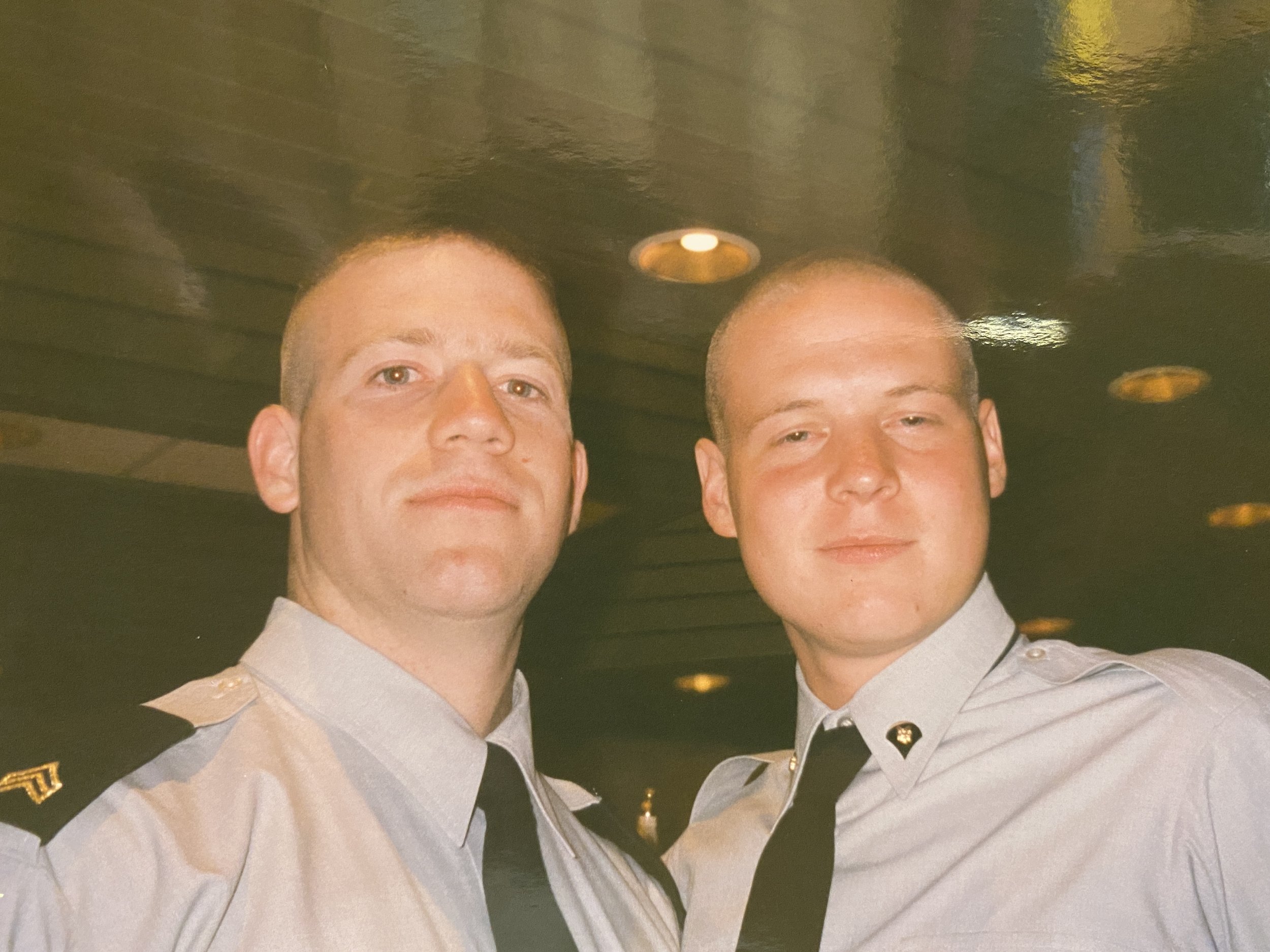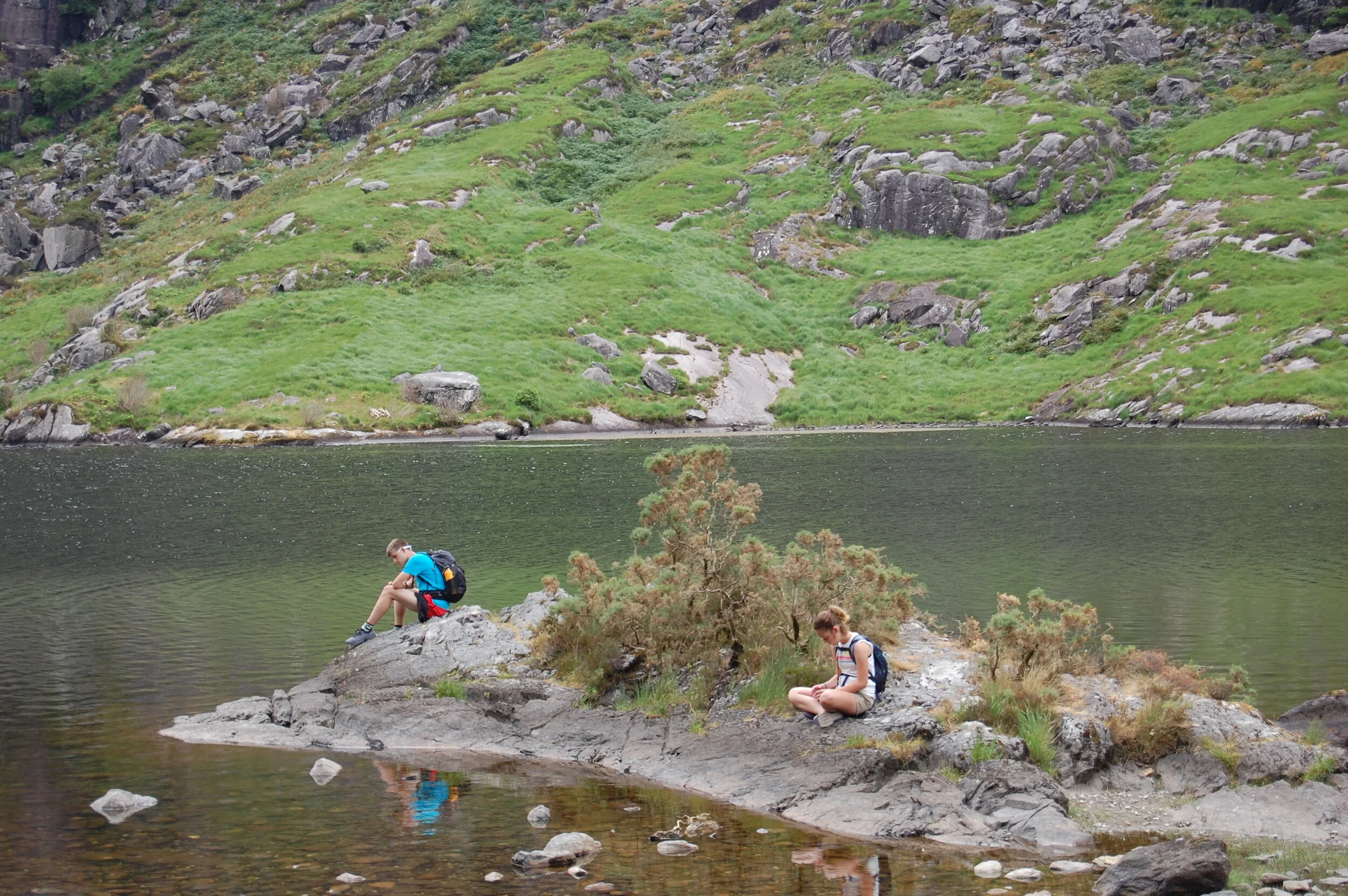Brandon and I share a lot about our time in the Special Operations community. I’m certainly proud of those years and happy to offer some of the things I learned while earning and wearing the Green Beret. But it’s occurred to me lately that I probably don’t reflect enough upon the foundational and incredibly valuable lessons from my time as a knuckle-head lieutenant in the big, conventional Army. If I’m being really honest, the majority of what I learned about soldiering and leadership probably came from those first three years in the 1st Cavalry Division - cutting my teeth as a young officer in a rapidly changing landscape.
I should start off by saying that I was extremely fortunate in that my first unit was full of solid leaders (both officers and NCOs) and some of the best peers (fellow knuckle-head LTs) that a newly minted platoon leader could hope for. I was constantly challenged, but fully supported, which was huge, because as it turned out, the real Army was almost nothing like my sanitized four-year experience at West Point. It took me about five minutes to realize that I’d be dealing with a ton of shit that wasn’t in the brochure.
I quickly discovered that the Army was not about tanks or helicopters or rifles, but people. And people are messy. Though I knew it was coming, I was terrified when faced with the reality of signing for tens of millions of dollars worth of equipment and 19 human lives. Suddenly, I was 23 years old and responsible for a bunch of stuff that was constantly breaking (or going missing) and a bunch of young soldiers who made my equipment issues feel easy.
In early 2003, after an amazing year as a tank platoon leader in the storied 1-8 CAV, I was selected to be one of two scout platoon leaders in the Brigade Reconnaissance Team (BRT). This was kind of a big deal, at least to me. The BRT’s job was to be WAY out in front of the entire Brigade, providing eyes, ears, and early warning for about 5,000 soldiers mounted upon hundreds of armored vehicles. It was a dangerous job, operating in light vehicles or on foot, sneaking up on enemy tanks and armored personnel carriers. We thought we’d be doing the job for real, on the big offensive push from Kuwait to Baghdad, but that didn’t happen.
Our hopes of leading the charge to topple Saddam were crushed when we were informed that we’d be staying home for the invasion of Iraq, and our sister division, the 4th Infantry would be going instead. I feel a little weird admitting it now, but we were pissed. As far as we could tell, we’d missed the war. It was going to be over in a matter of weeks, and we were going to watch it on TV, just like we watched Afghanistan from home. We had no clue as to what the following 15+ years would bring. As my partner Brandon likes to say, “we were all like little kids that wanted ice cream, and just ended up with a brain freeze.”
In the late summer of 2003, we were informed that we would be deploying to Iraq in January of 2004 as some sort of second wave. It felt like we were second string. That feeling was only made worse when coalition forces captured Saddam in December, taking that last glimmer of possible glory off the table. Still, we trained and prepared for our upcoming deployment, assuming that we’d end up serving as a bunch of security guards with way too many guns.
But one day, about three weeks before we deployed, our brigade commander, Colonel Formica pulled me and my boss, Captain Steve Marr into his office. We sat down around his table as he oriented us to a big satellite imagery map of west Baghdad. He said, “Guys we’ve got a problem. The Green Zone and Baghdad International Airport (BIAP) are getting attacked by rockets and mortars almost every night. The enemy is operating in this sort of rural no-mans-land west of the city and we can’t seem to get ahead of them. I need you to get out there, figure out what’s going on, and get Rocket Man. Can you do it?”
D/9 Cav just before conducting an air assault mission
I was thrilled. It looked like we were going to have a real scout mission after all. I’d heard stories about what some other scout platoons were doing over there and it didn’t sound particularly exciting. Some were providing personal security for the Colonel, some were doing convoy escort, but few were doing reconnaissance and surveillance. We were not only assigned a real scout mission, we were given ownership of a critical battle space that required a decisive solution.
Colonel Formica informed us that none of the battalion task forces would be assigned to this 300 square kilometer area between Baghdad and Fallujah. They would all be tied up patrolling Baghdad’s various neighborhoods, so he was assigning it to us. The Brigade’s smallest unit, just two small scout platoons, would be responsible for the largest piece of battle space…by far. It was ours to sort out, and nobody was coming to the rescue. His priorities were clear, and he was going to let us figure out how to accomplish the mission.
Rocket Man’s favorite target was the camp that we lived in, so we had real skin in the game. If we didn’t do something about it, we’d have to pay for it. This point was driven home late one night when a 57mm rocket landed and detonated about 15ft in front of my trailer, peppering the front wall with dirt, rocks and shrapnel. Plus, everybody knew that it was our job to stop Rocket Man, so it felt like it was on us every time we heard that familiar boom.
It’s important to point out that Colonel Formica didn’t just hang this big mission on us and leave us for dead. He supported us every step of the way. He kept us protected from various distractions and didn’t let higher ranking commanders pull us away from the mission to do something else. He allowed us to stay focused on the task at hand and trusted us to come up with an effective approach. He also gave us a vital resource in air coverage. Most nights, we had counterparts above us in recon or attack helicopters helping us to identify and interdict these ad hoc insurgent artillery teams.
Maybe most importantly, he trusted us. The big boss gave us the latitude to do what we need to do in order to accomplish the mission. He listened when we asked for things and he allowed us to do a bunch of stuff that didn’t necessarily fit the brigade’s operational and safety protocols. We modified our vehicles, moved in small teams, and employed unconventional tactics. He understood the difference between value-based leadership and rules-based leadership. Ultimately, he believed that we would exercise the discipline to adhere to the unit’s values, even if we had to occasionally break one of its rules. It was our job to make those decisions, and we would have to own the results.
A scout team moving along an irrigation canal at dusk
And let me tell you something, there was pride in ownership. We worked our butts off and came up with every creative technique we could to finally get one step ahead of Rocket Man. Before long, we started having some real success. We intercepted a couple of huge shipments of rockets, captured a bunch of insurgents off the ‘black list’, and significantly reduced the amount of indirect fire that fell on friendly bases. The job was brutally difficult, terribly frustrating, and incredibly dangerous - and none of us would have traded it. What we owned was not up for barter.
We earned quite a reputation around Camp Victory and we owned that too. Other soldiers would see the camo nets hanging from our trucks or the paint on our faces and scoff at it. They’d wonder out loud how we intended to avoid standing out while driving our big gun trucks through the city. They didn’t understand and we didn’t bother explaining. All we knew was that virtually every high ranking officer and NCO in the brigade had shown up at our HQ one night, hoping to hitch a ride for one of our missions and get a little taste of the action.
Looking back now, it is hard to believe the amount of trust and faith that our leaders placed in a bunch of 20-somethings with no combat experience. Maybe we’d earned it over the previous year of training? Maybe the situation just didn’t leave them with any other choice? Either way, their ability to give us clear priorities, involve us in creating a strategy, and support us through all of the challenges will forever be my reminder of the power of ownership.













































